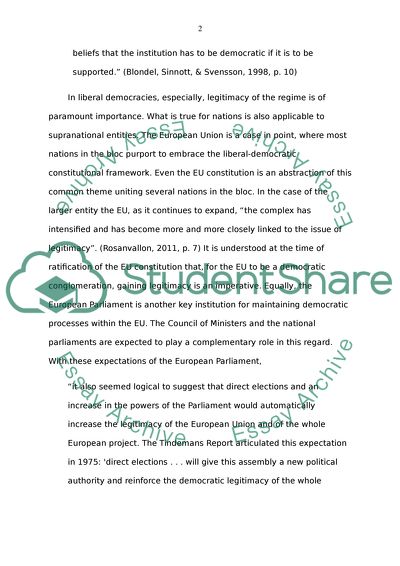Cite this document
(“3.Critically discuss the view that political regimes cannot have Essay”, n.d.)
Retrieved from https://studentshare.org/social-science/1645526-3critically-discuss-the-view-that-political-regimes-cannot-have-legitimacy-without-democracy
Retrieved from https://studentshare.org/social-science/1645526-3critically-discuss-the-view-that-political-regimes-cannot-have-legitimacy-without-democracy
(3.Critically Discuss the View That Political Regimes Cannot Have Essay)
https://studentshare.org/social-science/1645526-3critically-discuss-the-view-that-political-regimes-cannot-have-legitimacy-without-democracy.
https://studentshare.org/social-science/1645526-3critically-discuss-the-view-that-political-regimes-cannot-have-legitimacy-without-democracy.
“3.Critically Discuss the View That Political Regimes Cannot Have Essay”, n.d. https://studentshare.org/social-science/1645526-3critically-discuss-the-view-that-political-regimes-cannot-have-legitimacy-without-democracy.


